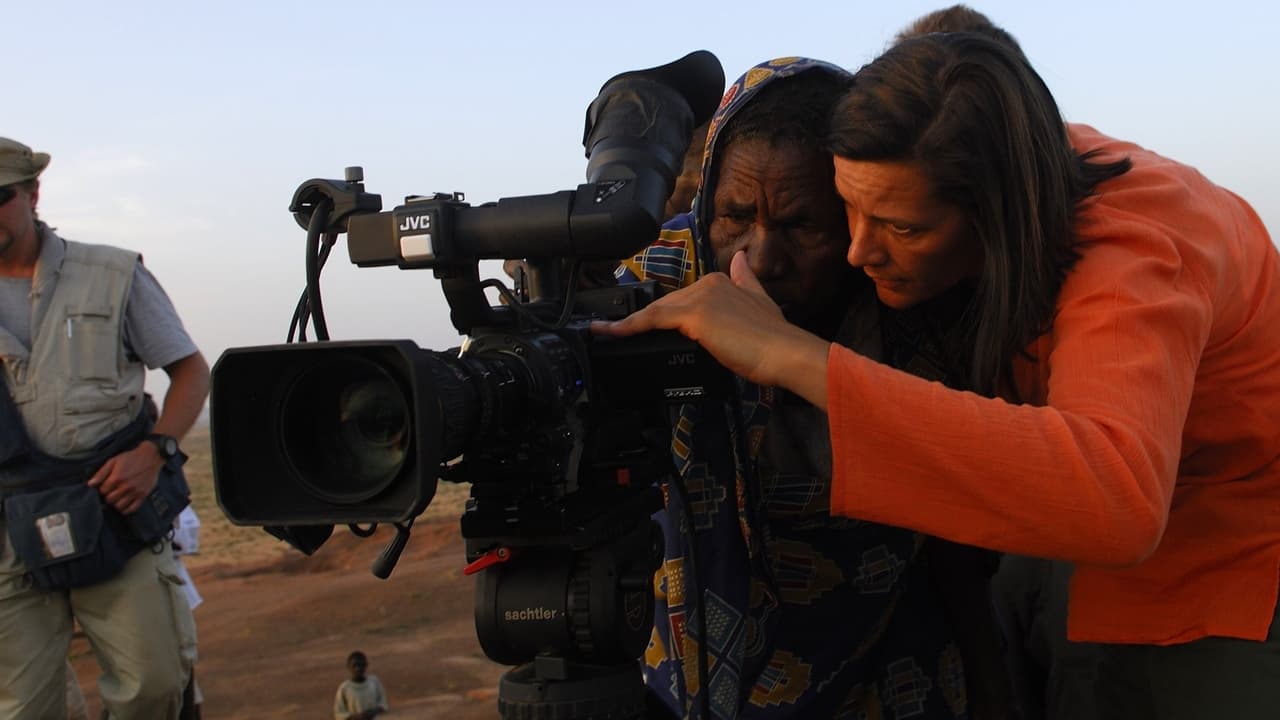POV - Season 17 (2004)
GENRE(s):
16 Episodes

E1.
Farmingville"In the current frigid national climate facing economic migrants, Carlos Sandoval and Catherine Tambini enter the traumatized world of Farmingville, a previously unassuming Long Island suburb that witnessed the beating and attempted murder of two Mexican day laborers. What the filmmakers find is the very dangerous, two-edged sword of a growing national crisis: on the one side, the community's increasing population of undocumented aliens, who are crowding into single-family dwellings and assembling on early morning street corners, hoping to grab a day's wage; on the other, Farmingville's home-owning families, many of whom have lived there for generations and are watching what they envision as a bucolic little village slipping away."

E2.
War Feels Like WarWar Feels Like War is a 2004 British documentary film. It was broadcast in the United States as part of the P.O.V. series. For three months, Spanish filmmaker Esteban Manzanares Uyarra followed five reporters and photographers from Denmark, Norway, Poland, and the United States in Iraq. These journalists circumvented military media control to get access to a different perspective on the Iraq War. As the Coalition of the willing swept into Iraq, some journalists in Kuwait decided to travel in their wake, risking their lives to discover the impact of war on civilians. The journalists include best-selling author P.J. O'Rourke, who was working for ABC Radio, as well as reporters and photographers for news operations ranging from Poland's Radio Zet to Stephanie Sinclair, a photographer for the Chicago Tribune.

E3.
ThirstGlobal corporations who buy up local water supplies and sell for profit, including a look at tensions in Bolivia, India and Stockton, Calif.

E4.
Last Man Standing: Politics---Texas StyleWhat is old is often new again. Most funerals today are part of a multimillion-dollar industry run by professionals. This increased reliance on mortuaries has alienated Americans from life's only inevitability — death. A Family Undertaking explores the growing home funeral movement by following several families in their most intimate moments as they reclaim the end of life, forgoing a typical mortuary funeral to care for their loved ones at home. Far from being a radical innovation, keeping funeral rites in the family or among friends is exactly how death was handled for most of pre-20th century America. Prior to the Civil War, caring for and preparing the dead for burial on family farms or in local cemeteries was both a domestic skill and a family responsibility.

E5.
A Family UndertakingThe movement to take the end of life process out of corporate funeral parlours and put it back into the family's hands.
